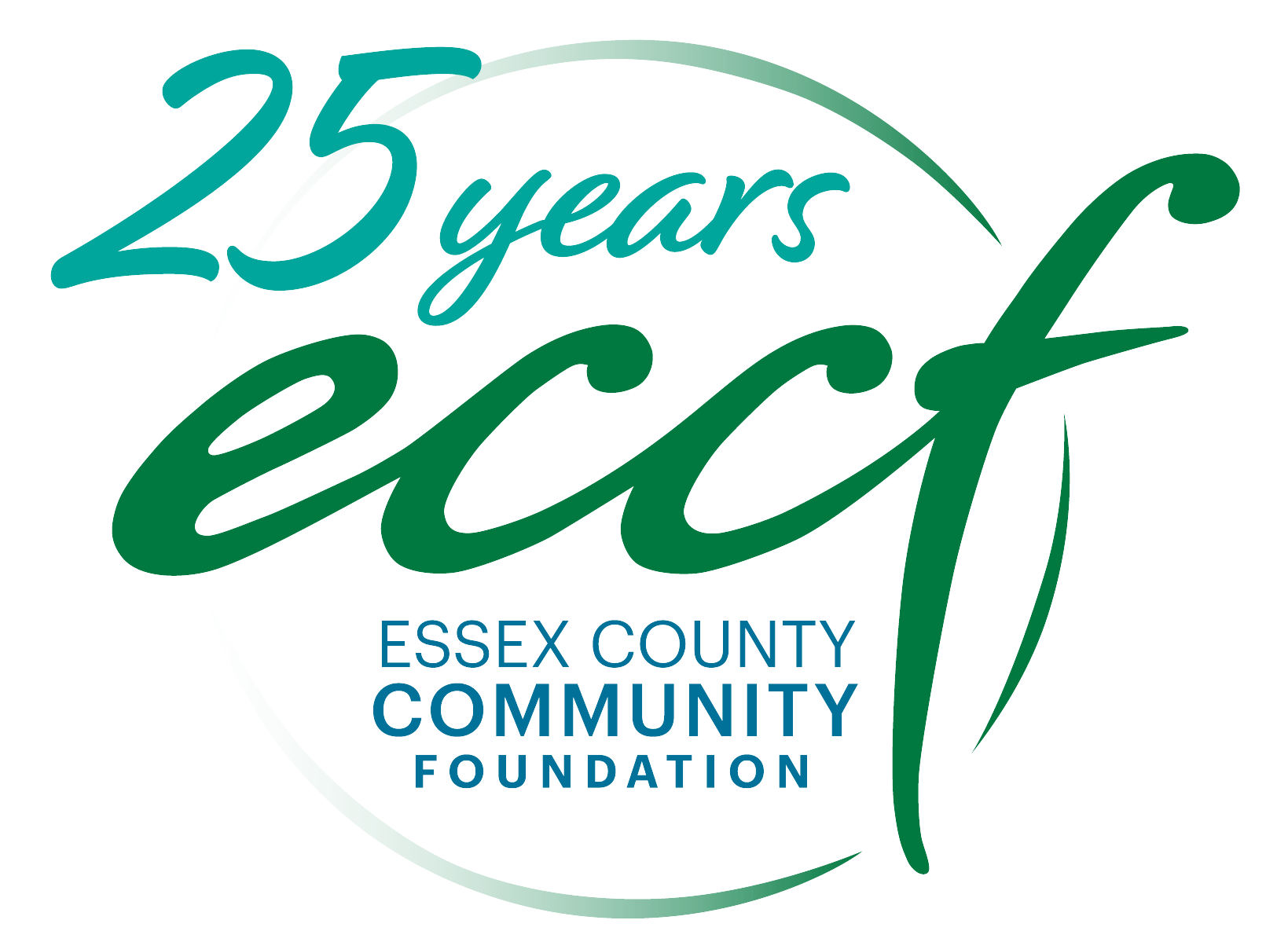essex county covid-19 response fund
Food Systems Resiliency
Partnership Grants
Food Systems Resiliency Partnership Grants
in partnership with Brace Cove Foundation
NEW INFORMATION: One more week to submit your applications! Deadline is Friday April 2, 2021. We are excited about the many opportunities we have had to discuss applications underway. We will be prioritizing those that apply by the Friday April 2 deadline, however, we will now accept applications on a rolling basis until Friday April 16, 2021. We have made this decision to acknowledge the time necessary to create partnerships.
Since the start of the COVID-19 pandemic, ECCF has granted more than $8.6 million via 300 grants impacting over 162,000 households. Of that investment, more than $3,902,500 has been granted to over 104,000 economically vulnerable families and individuals here in Essex County who are struggling with hunger. The downstream impacts of the pandemic will undoubtedly present layers upon layers of economic and extending issues for countless families for years to come.
We know that food insecurity is a complex issue with many facets, and to have a long-term impact we must work on the entire system. This grant initiative is meant to strengthen the food system that needs to deliver the continued services to families who will continue to be impacted by COVID for months, years and even generationally.
background
Throughout 2020, ECCF convened nearly 200 local leaders to discuss the unprecedented challenges facing our social sector, and together, explore collaborative and innovative solutions for a stronger Essex County. Through these interactive convenings food insecurity quickly emerged as a significant area of concern given alarming increases in hunger and unemployment rates in a region where nearly 40% of residents are living below the living wage and already challenged to access food. In January 2021, ECCF hosted a Hunger Think Lab, bringing together more than 90 stakeholders in the food insecurity and food justice space. These stakeholders participated in a design thinking exercise that yielded over 150 big ideas and multiple experiments that would address food insecurity from a systemic lens and population level scale.
overview
Our intention with this grant program is to inspire collective action, root cause analysis, ecosystem building and systemic solutions that result not only in programmatic impact but inspire trust and long-term resiliency in the food security sector. When people work together collaboratively with common goals and metrics, each doing what they do best, systems change happens. There are different players in the system that are vital to success including nonprofits, public officials, business leaders and community organizations which all bring value to systems change. This work is designed to prioritize those most impacted by food injustice and insecurity including Black, Indigenous and People of Color (BIPOC), immigrant populations, elderly, those with physical and intellectual disabilities, people experiencing homelessness and other people living in poverty. These populations, due to racial and systemic inequity, stand to suffer disproportionately both from the pandemic and its aftermath – whether due to limited movement, fewer employment opportunities, increased xenophobia etc. and food insecurity is a very real example of the growing inequity because of the pandemic.
Examples of grants include, but are not limited to:
- City-owned farms and co-op grocery stores
- A county-wide gleaning effort that reduces waste, focuses on culturally specific food needs, and creates jobs
- Staffing to lead a system effort to store and transport food
- A food system business that harnesses innovative and out the box modes of production and distribution that creates jobs in collaboration with local workforce initiatives
- Technology to help deliver food in a better/more efficient way
- Job training, in kitchens and production
- Shared services of staffing/transportation/delivery of food to orgs in the system
- Supporting farms, grower and local agriculture as part of a systemic effort
- Development of stronger regional ecosystem that builds the muscle for collaborative advocacy of future work
requirements & priorities
REQUIREMENTS
Applications must:
- Be grounded in data and clearly outline the ability to move the needle at a population level scale in one or more communities in Essex County or County-wide.
- Include two or more organizations such as, a for-profit business(es), nonprofit(s), and municipal leader(s). Two non-profits may constitute a partnership, however for-profit and municipalities must have at least one nonprofit as part of their application. Additional partners may be added if the project is invited to the full application process. All partners must demonstrate a meaningful connection to the project and its objectives. Note: We are aware of the time it can take to establish meaningful collaborations and are expecting to assist and discuss potential partnership ideas with applicants.
- Prioritize one or more of the following populations: seniors, communities of color, underserved youth, immigrants, individuals with intellectual disabilities and developmental disabilities, and other vulnerable populations to address racial and structural inequity.
- NOTE: this work, while focused on the most vulnerable, has the intention of being able to work with all communities across Essex County not just the six gateway cities. ECCF recognizes the disparities that are very present is some of our rural communities and other “non-gateway” communities
- Note: Funding will only be provided to organizations serving those in Essex County and priority will be given to organizations who are based in Essex County
PRIORITIES
The Food Systems Resiliency Partnership Grants will give thoughtful consideration to applications that:
- Demonstrate the ability to scale an existing initiative, leverage an idea proposed during ECCF’s Hunger Think Lab (ECCF’s Hunger Think Lab) or illustrate a new idea that has yet to be seized
- Harness the spirit of innovation and experimentation to further the goal of long-term systemic solutions
- Address and measure the impact on social determinants of health
- Include the voices and perspectives of those that the initiative intends to impact
- Include or are led by non-traditional partners such as businesses or new partners that helps us find and serve the most under-resourced populations
- Leveraging federal resources allocated to food such as SNAP and WIC to extend these grant dollars
- Leveraging other funding resources such as philanthropy, state resources or other resources
- Clearly outline the environmental impact, sustainable solutions that address land and water concerns as well as those related to environmental justice
- Include opportunities to address food justice while advancing economic and workforce solutions
request amount
- Grants will be $10,000 – $75,000, based on needs and size/scope of application outcomes
- Grants will be reviewed and allocated by a small committee of food justice experts and community leaders
timeline
- Monday March 1, 2021: Applications open
- ECCF will host 2 live zoom sessions in early March (recorded) for the public to learn about the initiative and ask questions about applications
- Wednesday March 10, 2021 ~ 12 – 1 PM via zoom. Session will be recorded and posted on website.
- Wednesday March 24, 2021 ~ 12 – 1 PM via zoom. Session will be recorded and posted on website.
- Friday April 2, 2021: LOI due
- Week of April 12, 2021: Invitations for full applications go out
- Friday May 7 at 5 PM: Deadline for final applications
- Weeks of May 24th and May 31st (skipping Memorial Day): Site Visits conducted (virtual pending COVID restrictions. If possible to conduct safely with public health guidelines, will conduct in person
- Grants notified by the end of June, 2021, but the goal is by Friday June 11, 2021
ZOOM INFORMATION FOR BOTH SESSIONS
Carol Lavoie Schuster|ECCF is inviting you to a scheduled Zoom meeting.
Topic: Food Systems Resiliency Partnership Grants ZOOM
Time: Mar 10, 2021 12:00 PM Eastern Time (US and Canada)
Join Zoom Meeting
https://us02web.zoom.us/j/82525004365?pwd=RG5qaHlJQXpGYS80cjVLZEFLMms2QT09
Meeting ID: 825 2500 4365
Passcode: FOOD
One tap mobile
+19294362866,,82525004365#,,,,*925410# US (New York)
+13017158592,,82525004365#,,,,*925410# US (Washington DC)
Dial by your location
+1 929 436 2866 US (New York)
+1 301 715 8592 US (Washington DC)
+1 312 626 6799 US (Chicago)
+1 669 900 6833 US (San Jose)
+1 253 215 8782 US (Tacoma)
+1 346 248 7799 US (Houston)
Meeting ID: 825 2500 4365
Passcode: 925410
Find your local number: https://us02web.zoom.us/u/kdU04CAEoO
additional information
- Organizations who received prior COVID-19 funding are eligible to apply
- These grants are designed to be utilized within a one-year period of eighteen months (1.5 years)
- Based upon the charitable structure of the Essex County COVID-19 Response Fund, our grants are limited to 501c3 nonprofit organizations, groups fiscally sponsored by a 501c3 nonprofit organization, or other charitable organizations able to receive a tax-deductible contribution, such as schools, faith-based organizations, and other public entities or municipalities that can demonstrate charitable purpose.
- We are not able to fund individuals or businesses directly, labor unions, or other 501c4, 501c5, and 501c6 organizations.
In addition, grants will not be awarded:
- To individuals
- For sectarian or religious purposes. COVID-19 Response Fund grants to faith-based organizations may only be used for non-conditional relief work and available to all qualified applicants without obligation
- For political purposes
- For debt or deficit reduction
- For capital campaigns for buildings, land acquisition, or endowment
- To support academic research
contact
For questions, please contact Carol Lavoie Schuster, Vice President for Grants, Nonprofit and Donor Services. In the spirit of true community collaboration, we welcome the opportunity to discuss your LOI as it is developed.
- By email at c.lavoieschuster@eccf.org, include Food Systems Resiliency Partnership Grants in your email subject
- By phone at 978-777-8876 x133
- By mobile at 617-308-2722 (only during business hours M-F 9 am – 5 PM)
![]()
APPLICATION PORTAL
APPLICATION DEADLINE
LOI due April 2
Final Application due May 7
GRANT RANGE
$10,000 – $75,000
GEOGRAPHIC LIMITATIONS
Essex County
FINAL REPORT FORMS
Final reports should be submitted through the Application Portal.
nonprofits & grants
get in touch

Carol Lavoie Schuster
Vice President for Grants, Nonprofit & Donor Services
(978) 777-8876 x133
c.lavoieschuster@eccf.org
how can we help?
We would love to hear from you.

